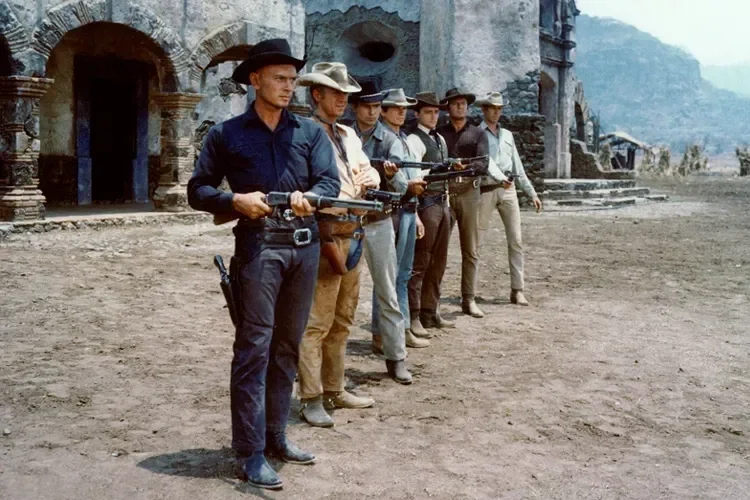‘The Right Track’ is a Commanding Sex Work Doc Focused on Survivor Stories To Spark Change
Courtesy of Fountainhead Production / Fort Greene Filmworks.
LOGLINE:
‘The Right Track’ is a powerful documentary that amplifies the voices of survivors of sex trafficking, revealing their resilience, heartbreak, and courage as they fight for freedom, justice, and a future where exploited individuals are no longer criminalized but protected.
Esteemed filmmaker Shareen Anderson’s ‘The Right Track’ is a documentary that interrogates the cultural narratives surrounding prostitution and its entanglement with sex trafficking through the testimony of survivors.
The film enters a debate often oversimplified into binary terms: is sex work a legitimate form of labor or a symptom of entrenched exploitation? Yet as ‘The Right Track’ illustrates, the reality is neither simple nor abstract. It is an issue shaped by structural inequities—human trafficking networks, labor violations, the precarities of poverty, and the enduring logic of patriarchy—that cannot be disentangled from questions of autonomy and systemic abuse.
Crucially, the film resists academic abstraction by grounding itself in the voices of those with lived experience. Directed by Anderson, it dispenses with traditional narration, letting the women’s accounts guide the narrative, tracing the continuities of exploitation, no matter the demographic or status.
Though the subject matter encompasses weighty legal and philosophical debates, the documentary avoids didacticism. Anderson has structured the documentary for stories to be at the forefront, to resonate as human encounters rather than statistics or case studies.
‘The Right Track’ demonstrates its intellectual rigor. Instead of fixating solely on the brutality of sexual exploitation—undeniable though it is—the film delves into the unresolved disputes within feminist thought: whether sex work can represent genuine empowerment or whether it functions primarily as survival strategy in a system of gendered subordination—a paradoxical situation some would say.
One sequence furthers the discussion with Torrey Lisa speaking on two aspects of sex work: “There’s survival, desperation, sex work, and then there is desire sex work. I came in with the desire energy, with the privilege of being able to step into it because I chose to. But not everybody has that privilege. Some people do it because they have to feed their kids, or they’re doing it because they have to get out of an abusive relationship and so on.”
The jarring contrast exposes the irreducible complexity of the issue, highlighting the fractures in both feminist discourse and public policy. ‘The Right Track’ questions whether society’s increasing comfort with sexual commerce (though systems like OnlyFans) represents genuine progress or a dangerous form of denial.
The film also raises an urgent point: that decriminalization can, in practice, intensify demand and thereby widen pathways for trafficking, particularly harming women from marginalized communities.
The film’s emotional climax comes through Doody’s advocacy work. In a powerful extended monologue, she addresses men arrested for purchasing sex. With unflinching resolve, she recounts her own history, insisting that the narrative once imposed on her—that of “prostitute”—no longer defines her or others. “Times are changing,” she declares.
The climactic beat visualizes a transformation of changing times. Survivors and advocates gather at the site of a derelict Nevada brothel, tearing down what remains. As they take part in destroying the structure, survivors discover liberation and a feeling of freedom, while a helicopter hoists away the caricatured female mascot that once stood in front of the building.
‘The Right Track’ distinguishes itself by centering voices too often marginalized in discussions of prostitution and trafficking. It is both testimony and analysis, weaving personal narrative into broader questions of law, culture, and people who can make the legal decisions regarding the subject. By trusting survivors to define their own experiences, the documentary achieves what scholarship alone cannot: it compels audiences to reckon with the human cost of a system too easily obscured by rhetoric.
Our score: ★★★★★
(out of 5 stars)







